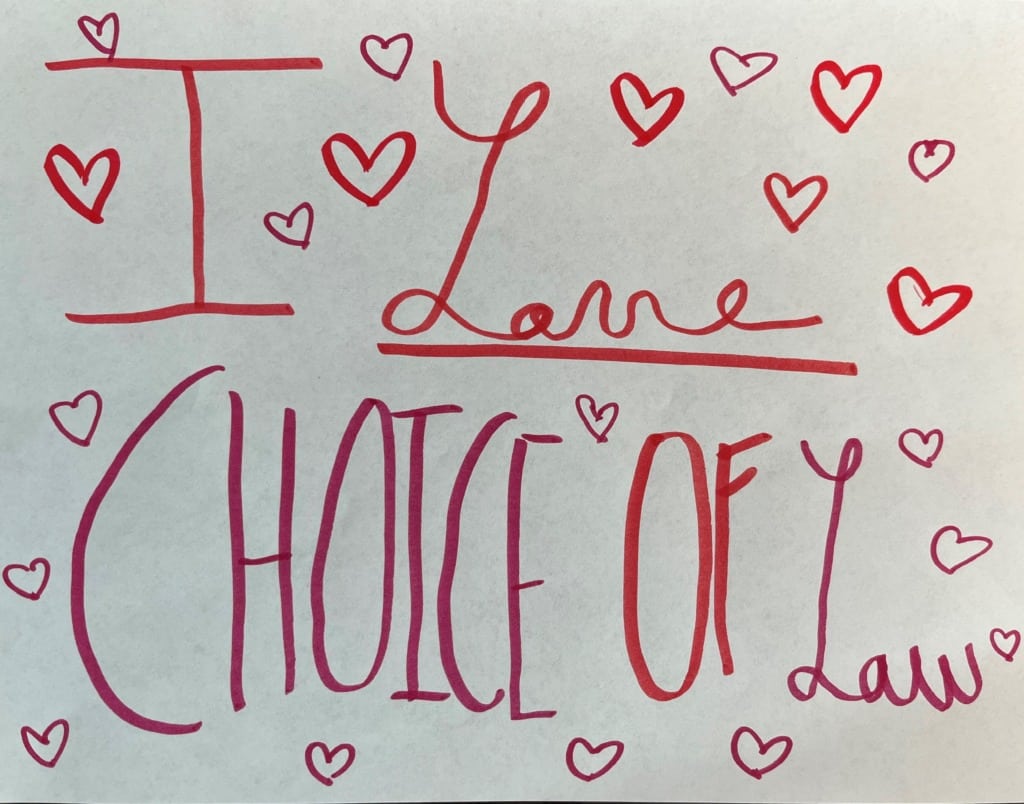Officials Who Kidnapped Hotel Rwanda Hero Are Not Immune from Suit
In 1994, Paul Rusesabagina was the manager of a hotel in Kigali, Rwanda. During the genocide, he sheltered 1,268 Hutu and Tutsi refugees, all of whom survived. His courage inspired the film “Hotel Rwanda,” and in 2005 President Bush awarded him the Presidential Medal of Freedom. Rusesabagina became a human rights advocate and vocal critic…
Continue ReadingRejecting Comity-Based Abstention in Human Rights Cases
Defendants in transnational human rights cases may seek dismissal on a great many bases—so many, in fact, that it can be hard to keep them all straight. One growing source of confusion is the argument that a case should be dismissed based on “comity.” The problem is that comity isn’t a single doctrine. But because…
Continue ReadingClimate Change Litigation Is Global
As readers of this blog may know, climate litigation is exploding across U.S. courts. States, municipalities, nonprofits, investors, children, and myriad other plaintiffs are bringing lawsuits against private actors for contributing to global climate change and against government officials for failing to take steps to stop it. I have written on this blog about one…
Continue ReadingChoice of Law in the American Courts in 2022
The thirty-sixth annual survey on choice of law in the American courts is now available on SSRN. The survey covers significant cases decided in 2022 on choice of law, party autonomy, extraterritoriality, international human rights, foreign sovereign immunity, foreign official immunity, the act of state doctrine, adjudicative jurisdiction, and the recognition and enforcement of foreign…
Continue ReadingMBS’s Immunity and the Subject Matter Jurisdiction Problem
As previously discussed at TLB, a federal district court recently dismissed claims against Mohammad bin Salman (MBS) arising from the murder of journalist Jamal Khashoggi. When the claims were filed, MBS was merely Crown Prince of Saudi Arabia and not entitled to head-of-state immunity. MBS was subsequently appointed Prime Minister, however, a position that does…
Continue ReadingOral Argument in Doe v. Apple
Last week, the D.C. Circuit heard oral argument in Doe v. Apple, a case brought by victims of forced labor and human trafficking against five U.S. technology companies. The plaintiffs are children or family members of children who were injured or killed mining cobalt in the Democratic Republic of the Congo. The defendants—Apple, Alphabet, Microsoft,…
Continue ReadingCert Petition Raises Personal Jurisdiction Question in Context of the TVPRA
The Trafficking Victims Protection Reauthorization Act (TVPRA) explicitly authorizes extraterritorial application to six predicate offenses (18 U.S.C. § 1596) and creates a private right of action (18 U.S.C. § 1595). Assuming without deciding that § 1595’s civil remedy extends extraterritorially to the same extent as those six predicate offenses, the Ninth Circuit in Ratha v….
Continue ReadingDoes the TVPRA Apply Extraterritorially? Thoughts on the U.S. Chamber of Commerce Amicus Brief in Doe v. Apple
As the U.S. Supreme Court has repeatedly limited the scope of the implied cause of action under the Alien Tort Statute (ATS), victims of human rights abuses have looked to other U.S. statutes for remedies. One of these is the Trafficking Victims Protection Reauthorization Act (TVPRA), which creates a civil remedy against perpetrators and others…
Continue ReadingDistrict Court Dismisses Another Case Against MBS for Lack of Personal Jurisdiction
Two weeks ago, while King Salman was appointing Crown Prince Muhammad bin Salman (MBS) as Prime Minister of Saudi Arabia in an apparent bid to secure him head-of-state immunity in a suit brought by Jamal Khashoggi’s widow, the judge in a different case quietly dismissed another plaintiff’s claims against MBS for lack of personal jurisdiction….
Continue ReadingMBS’s Appointment as Saudi Prime Minister Gives Him Head-of-State Immunity
On Tuesday, King Salman appointed Crown Prince Muhammad bin Salman (MBS) as Prime Minister of Saudi Arabia. The appointment makes MBS Saudi Arabia’s head of government, thereby entitling him to “head of state” immunity under U.S. law and customary international law. The appointment comes just days before an October 3 court deadline for the U.S….
Continue Reading







